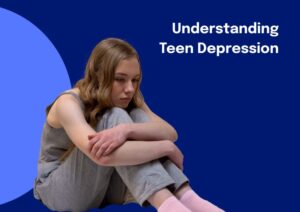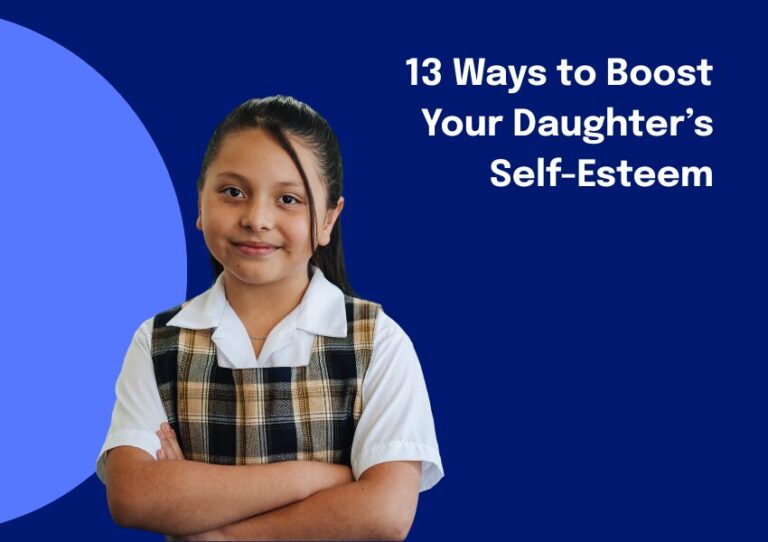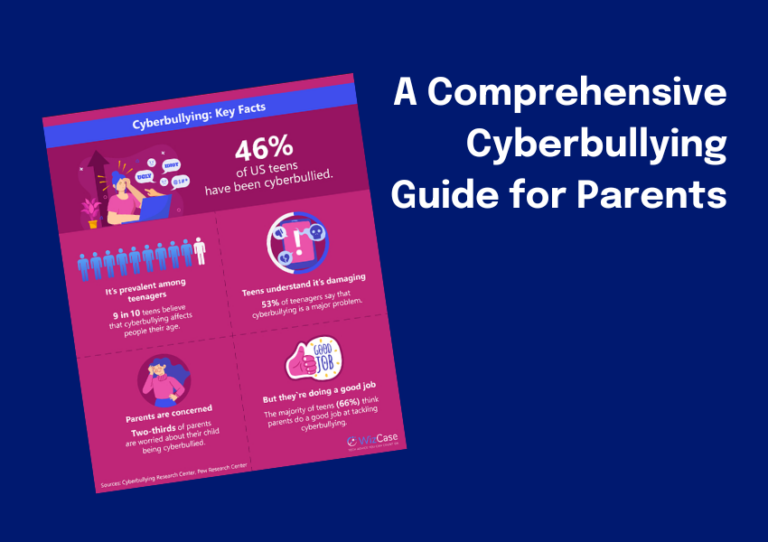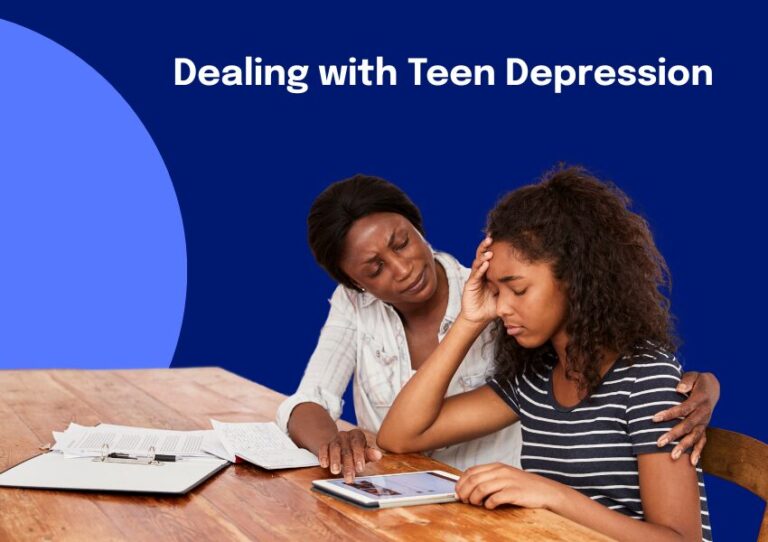Understanding Teen Depression
 As a teen it is common and almost expected for you to feel sad, drained, frustrated, just generally emotional but there is a difference between these general emotions you’re put through growing up and depression. According to I need a lighthouse, a depression and suicide awareness program, approximately 20 percent of teens will have dealt with depression by the time they’re adults. This is a problem millions deal with and there are signs that can help you recognize if you or a friend or family member are struggling with this disorder.
As a teen it is common and almost expected for you to feel sad, drained, frustrated, just generally emotional but there is a difference between these general emotions you’re put through growing up and depression. According to I need a lighthouse, a depression and suicide awareness program, approximately 20 percent of teens will have dealt with depression by the time they’re adults. This is a problem millions deal with and there are signs that can help you recognize if you or a friend or family member are struggling with this disorder.
Depression isn’t just being sad all the time. It is something that effects you emotionally, physically, mentally. Depression is defined by kidshealth.org as strong mood involving sadness, discouragement, despair or hopelessness that lasts for weeks months or longer. It can show itself in different ways for every person, with lists of symptoms people may be suffering from.
Being aware of the signs of depression is the first way to work through this dark time in your, or your friend’s life. Emotionally you may be feeling negative and low for an extended period of time, fighting with sadness, feeling discouraged, defeated, sad, hopeless, helpless, alone, guilty, unworthy, rejected, unloved or many other emotions. These feelings can be all felt or just some of them. Depression effects people in different ways, as some people may be very emotionally impacted while others could have a stronger set of physical or mental effects.
Depression can lead to strong negative or critical thoughts about your self and life in general. Making you believe that things will never get better, that your problems are too big to solve, that nothing and no one can help you, that nothing matters. These thoughts can swirl around your head and take over your thoughts, even though they are not true.
These exhausting thoughts and feelings can effect your concentration, motivation and energy. You will feel drained, tired and exhausted, feel as if everything now takes additional effort then before. It can effect your school work, making it hard to complete assignments, pay attention in class, remember lessons. It can make it difficult to focus on people and what they have to say.
Physically depression can cause you to feel uncomfortable in your own skin, upsetting your stomach, causing a loss of appetite. Some people lose or gain weight while fighting with depression. Dealing with all this can cause headaches and often sleeping problems, either laying in bed all day with no energy to get up, or having so many thoughts in your head that it can be difficult to fall asleep.
The signs and symptoms can be very difficult to tease through, but regardless of the combination of symptoms that effects each person, one thing that is common through depression is a social withdrawal that some people put themselves through. This process of separating yourself from friends and family or pulling away from activities that they previously enjoyed. This process often leads to the person feeling more alone and isolated then before, often making them feel worse about their situation.
Dealing with this long list of symptoms is something that is easier than it seems. But depression is something you need help with, its not like a cold where you can wait it out. Often waiting it out and not seeking help makes things worse, as you are constantly thinking about things and are often building on the negative effects of the disorder. For as long of a list of symptoms as there is, there is possibly as long of a list for reasons for being depressed, as there are no set requirements as to why someone may be depressed. They may have inherited a disposition for it from a family member who worked with depression, it could come from living in a rough neighborhood or living in a house where you felt unsafe or underappreciated. All of these reasons lead to an unbalance in chemicals in your brain. These reasons for knowing though important for accepting and moving past doesn’t cure depression itself.
Treating depression can be a pretty simple task for some and can be a process for others. Often the best first step is to get a health check up, often the symptoms of depression can be mixed up with another issue, for example mono can lead to a lack of energy, concentration, and often make them feel depressed. With the easiest part out of the way the next best way to handle depression is to go talk to someone. For teens going to a counselor is often the best option. If someone has depression, talk therapy is very effective in treating it. Talk therapy can often help people understand their emotions and understand the background of why they feel this way. It can help them identify and overcome the problems they face. Help them work through the negative thoughts, and critical thinking of themselves is worked out to become a more positive way of looking at things. Talking to a counselor can help them become more accepting of themselves, impacting their self-esteem. A counselor can also help come up with other types of treatment if needed, incorporating medication and exercise into the daily talk therapy.
Depression is a disorder that people shouldn’t have to deal with all together, but it especially shouldn’t have to be dealt with on their own. If you notice anything in yourself or in your friends, go talk to a family member, it will open a direction of talk about what depression is to begin with and will allow you to move forward and move towards treatment.


